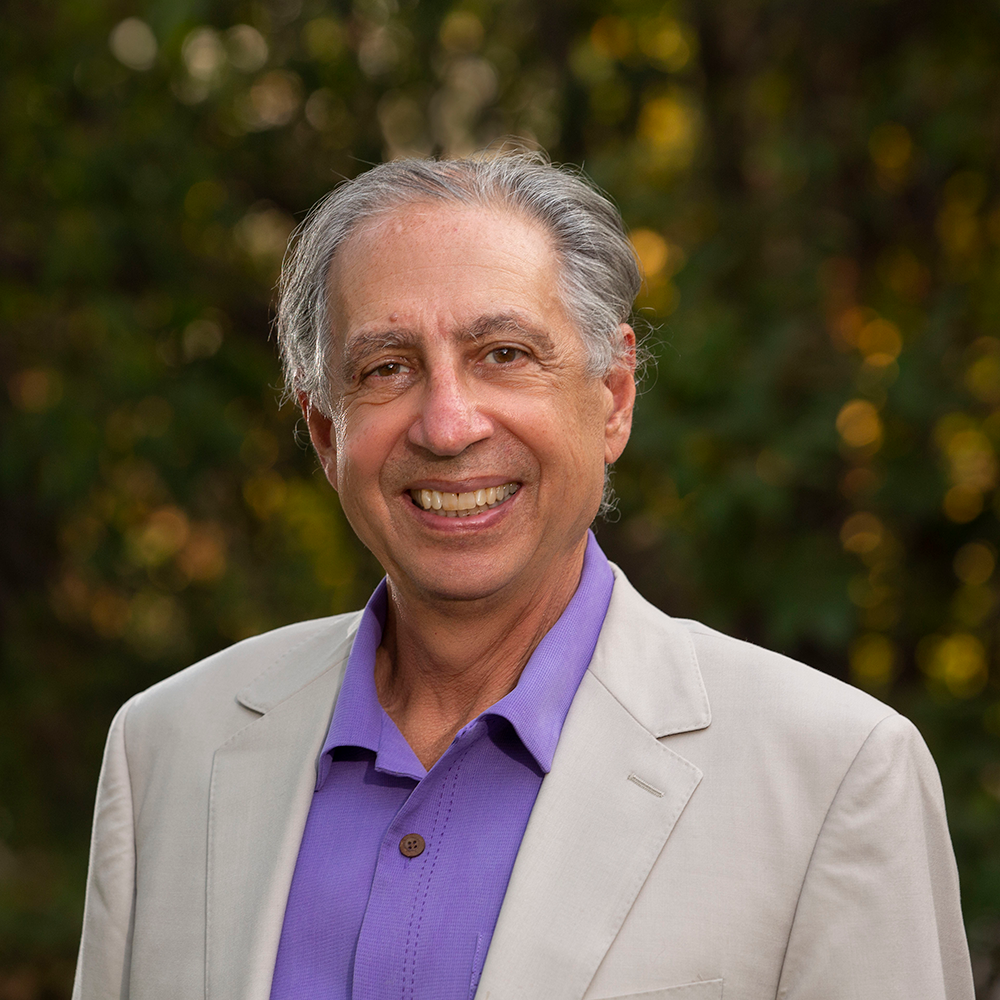
Faculty Spotlight
Steven Brint
Distinguished Professor of Sociology and Public Policy
Could you please tell us about your background?
I was born in Albuquerque, NM in 1951. My father was one of the first systems analysts. He worked for the Atomic Energy Commission at Sandia Laboratories. My mother performed in local theater and raised my two younger brothers and me. I have vivid recollections of her playing the piano and singing while rehearsing for her stage roles. I had the usual background for a sociologist – as a Jew in New Mexico I was not quite an insider but also not entirely an outsider. My paternal grandfather was a plumber and an elementary school dropout. My maternal grandfather owned three western wear stores in New Mexico. I liked my paternal grandfather much more – he was a very independent-minded, creative person – and that led to a lifelong interest in the intricacies of social class. My parents divorced when I was 11 and, after a move to suburban Kansas City, I endured a tough time during my mother’s second marriage to a man I loathed (and who returned the sentiment). But during that time I made a lot of good friends and met my first professors when I participated in “rap sessions” that two UMKC professors organized with kids from inner city Kansas City. I thought that was a very positive thing to do, and it must have planted a seed about academe. I was admitted to UC Berkeley when it was evidently easier to get in than it currently is and when a student from Kansas must have seemed exotic. I loved being a student at Berkeley, kindling a lifelong devotion to UC. I worked on the campus newspaper, served as city editor and wrote a column, UC is What You Get. As a junior, I also got a job at the Center for Studies in Higher Education, where I have had a near 50-year long association. I became interested in studying education while working at CSHE. I wrote a senior essay, A Critique of Critical Theory, which must have impressed some people at Harvard. I worked with Daniel Bell and James A. Davis at Harvard. But most important, I became involved with a research group at the Huron Institute studying American higher education and headed by Jerome Karabel. Karabel and the colleagues with whom I worked at Huron have been close associates and good friends for going on 40 years. I wrote a dissertation on “new-class” theory, the idea that the highly educated are more left politically than those who should be interested in redistribution. That theory is now coming back into vogue for obvious reasons. I kicked around in postdocs for a couple of years and then was hired at Yale where I taught for seven years. I met my wife, Professor Michele Renee Salzman, while working on a postdoc at Boston College. Michele and I commuted between Boston and New Haven and then between Boston and Claremont until we finally obtained two jobs together here at UCR. Michele is currently chair of the History Department. In between, we had two children, Juliana, who is now an attorney with Skadden Arps in DC, and Ben, who has been working in tech firms and will be starting graduate school in public policy at UC Berkeley this fall. Michele and I have been working at UCR and living in Claremont for 25 years now, so I guess you should conclude that we have been happy in Southern California and at UCR.
What are your research passions, and what are you currently working on?
I have had wide interests. I’ve written about the professions, about religion and social class in American politics, about sociological theory and about many other topics. But I have mainly been a sociologist and policy analyst of higher education. I was funded by the National Science Foundation and two philanthropic foundations for 20 years to study American higher education. My team produced a number of dissertations, at least two dozen peer-reviewed papers, a book, and four downloadable databases during that time. I’ve written about a huge range of topics in higher education, including academics’ role in the 50 most important inventions of our time, how universities see their role in “creating the future,” the rise of the “practical arts” over the “liberal arts,” what effect student time use has on their academic outcomes, the history of community colleges, and the educational backgrounds of business, political, and cultural elites. If anyone is interested, they can find our papers on my project website: www.highered2000.ucr.edu. My most recent book is Two Cheers for Higher Education, published by Princeton University Press in 2019.
I’m currently working on a bunch of papers, again mainly concerning U.S. higher education. One is on conceptions of professionalism among graduate and professional students in 21 different programs at five universities. Another is on the “socially-embedded university” as an alternative vision to the university devoted to progress in the disciplines. I’m also working on an essay that will probably get me into (good) trouble on the fate of academic freedom in the contemporary university. I’m also keeping a foot in studies of American politics with a new paper on the strange phenomenon of “class inversion” – where professionals and managers are more liberal and left than blue-collar workers. How can that be? My co-authors and I have looked at 44 years of General Social Survey data to examine trends on 15 policy positions. I have some other projects brewing, but I think that’s enough about me for now!